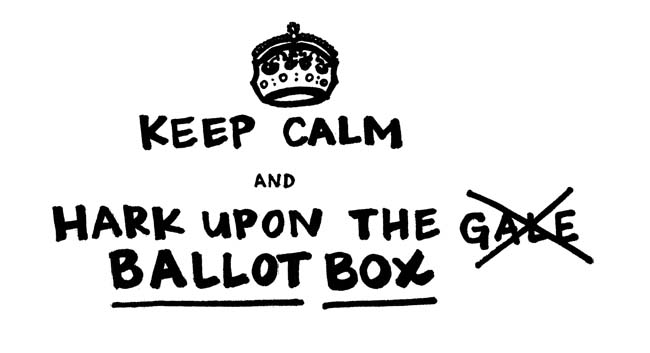This year’s Williamsburg City Council election is causing a lot less hype at the College of William and Mary than the last, most likely because there is no student candidate. Regardless as to whether a student is running, the decisions the council makes still affect all of the students at the College; it is imperative that students inform themselves about each of the candidates and make an effort to participate in the election.
Council members must work to bridge the gap between the city and the College. Based on the platforms presented in the council debate hosted by the Student Assembly, we believe that Mayor Clyde Haulman and Vice Mayor Paul Freiling ’83 are the most likely candidates to promote strong town-gown relations and that they will implement creative changes and policies that will benefit both students at the College and residents of the city.
As a professor at the College, Haulman works with students on a daily basis. Because of his role on campus, he is connected to students and is readily available — his office is located in scenic Morton Hall. Haulman is more than just accessible to students — he has progressive out-of-the-box ideas for improving the abominable off-campus housing situation. His three-pronged approach to tackling the off-campus housing problem is entirely reasonable, citing different models that, when combined, will help bring more affordable and comfortable housing closer to campus. Haulman’s ideas are an example of how increased collaboration with the city can work to significantly improve student life at the College.
Freiling also has significant ties to the College and would act as another sounding board for students to voice their concerns. Currently, many students complain about the limited options for fun in Williamsburg. As someone who works for Colonial Williamsburg, Freiling has a vested interest in improving the city life available to students, residents and tourists. As the College continues to recruit new students, a more energetic atmosphere could appeal to more potential new students, helping the College remain a competitive school.
Both Haulman and Freiling seem eager to work with students on improving life at the College — both on and off campus. Students need to accept their help by participating in the election process and then by discussing their issues with members of the council in an open and mature way. Haulman and Freiling’s connections to the College have the potential to be useful to students; however, communication is a two-way street, and students must be willing to participate in discussions of city issues.
Town-gown relations at the College have improved significantly over the past four years. This growth should be a source of pride, but students must be sure they do not become complacent. In order to optimize student life at the College, students must be willing to participate in Williamsburg government, and to do this, they must start by making their voices heard in the upcoming election.


uhhh, guys… you forgot to say when and where students should vote…